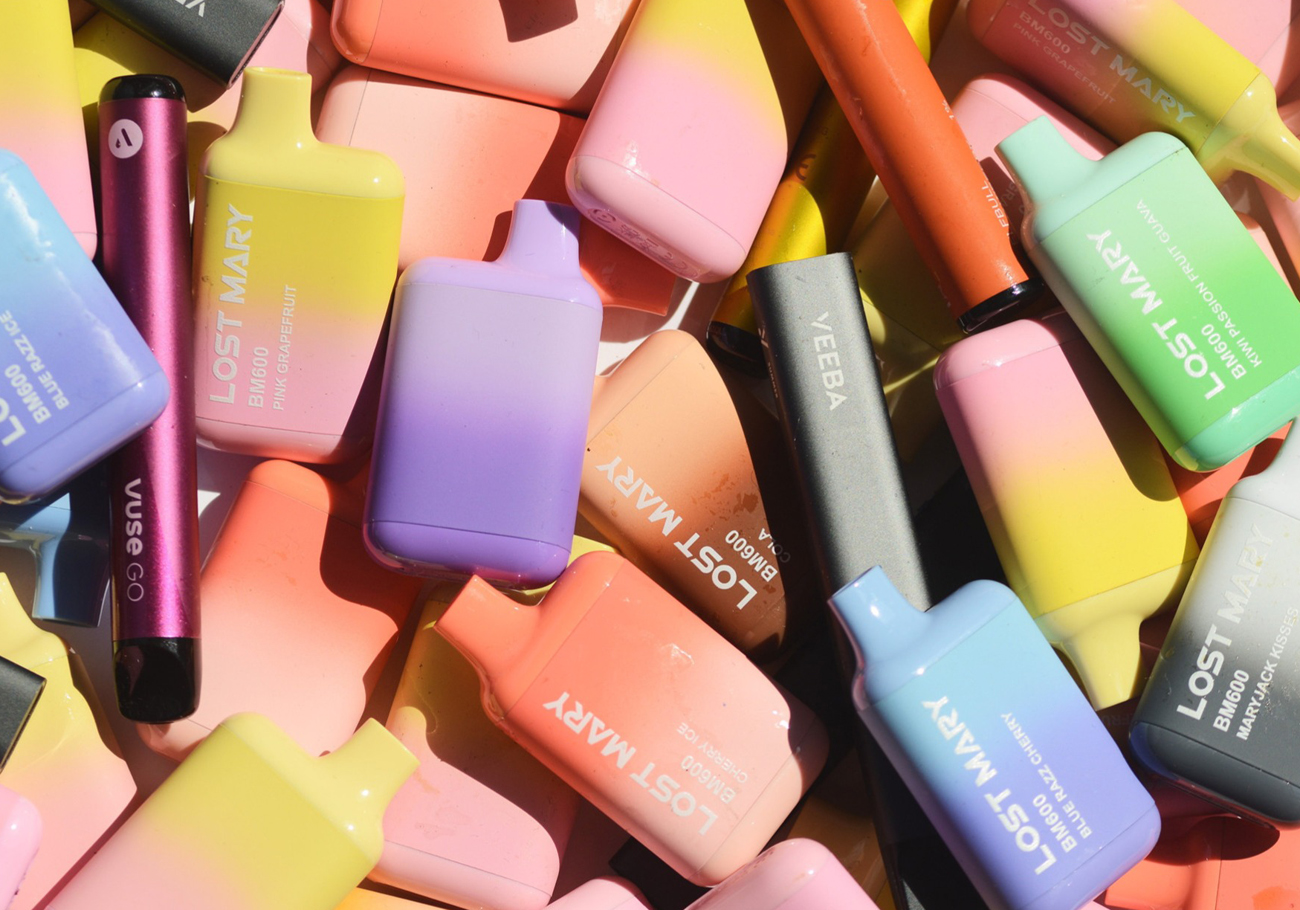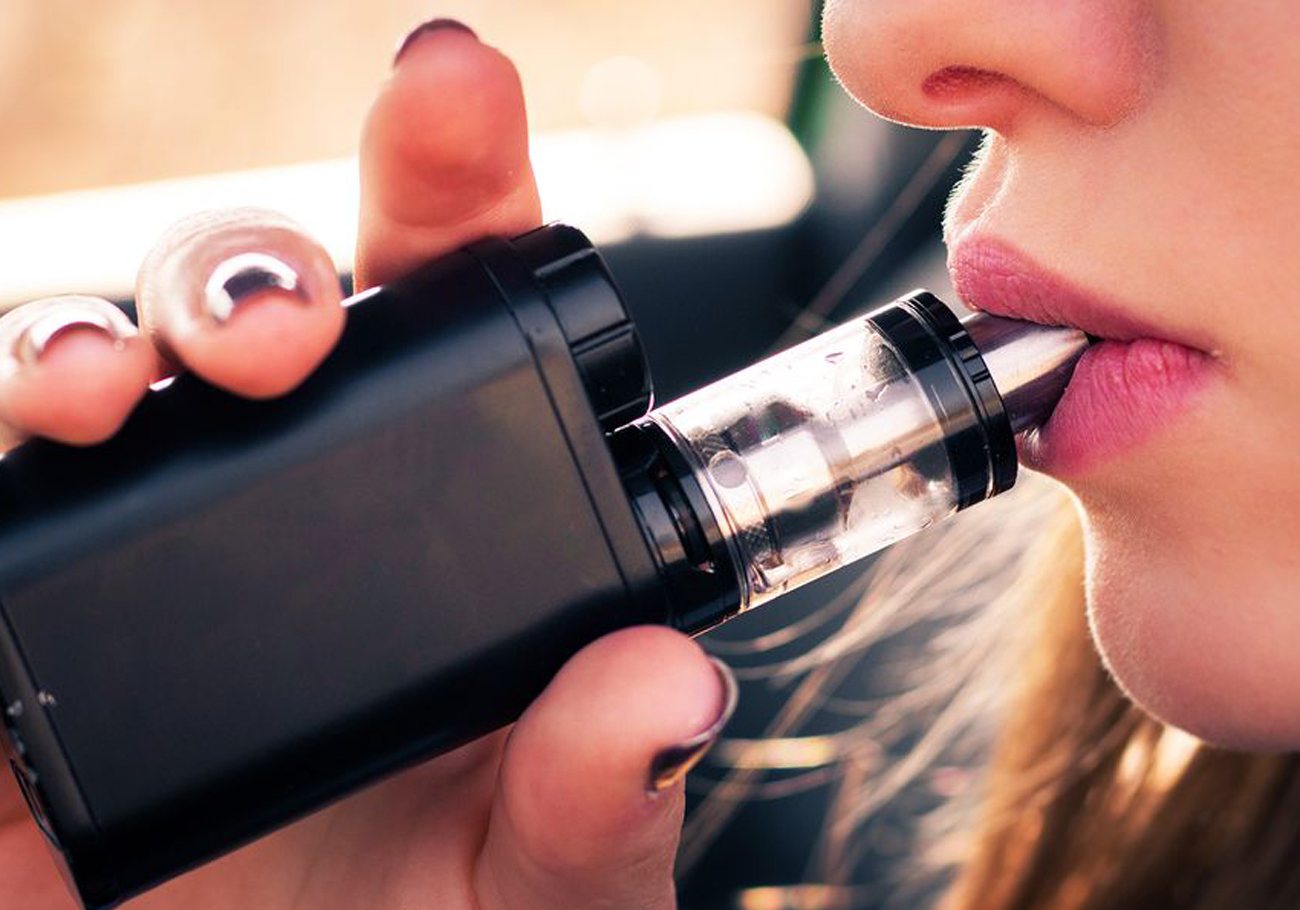
The Consumers Association of Penang (CAP) raises a red flag over surging youth vaping in Malaysia, urging the government to reinstate nicotine as a controlled substance under the Poisons Act.
N.V. Subbarow, their Senior Education Officer and Anti-Smoking Activist, blames the ineffectiveness of the recently implemented Control of Smoking Products for Public Health Bill 2023.
Loopholes and lax enforcement fuel vaping surge

Subbarow criticizes the bill’s lack of monitoring and weak enforcement, leading to easy access to vape liquids online and in stores.
“Now with no monitoring and weak implementation of the law, vape liquids can easily be purchased either from stores or online.
If school children can have access to vape devices, it shows that the bill is grossly ineffective and the problem has gotten out of hand.
He highlights the “grossly ineffective” bill, evident in school children acquiring vape devices.
“Since the passing of the Bill, we find vape products are even more easily accessible.
More vape retail outlets are selling a wide range of vape liquid flavours in attractive packaging that are appealing to all age groups,” he said.
Nicotine exemption fuels addiction

Subbarow pinpoints the exclusion of nicotine from the Poisons Act as the root problem.
“Nicotine-based vape liquids are easily purchased without a prescription,” he explains, refuting claims of its harmlessness.
“It’s highly addictive and a poison,” he warns, emphasising its role in perpetuating smoking and vaping despite known health risks.
“Nicotine increases blood pressure and causes other health problems,” he adds.
CAP urges the government to maintain and enforce designated smoking zones to protect non-smokers.
They support initiatives like the Clean, Smoke-Free Premises Walkabout Program (BeBAs) promoting smoke-free environments.
Subbarow calls for aligning smoking area policies with international standards like the WHO FCTC.
“Smokers should be at least 3m away from food premises where smoking is banned,” he emphasises.











